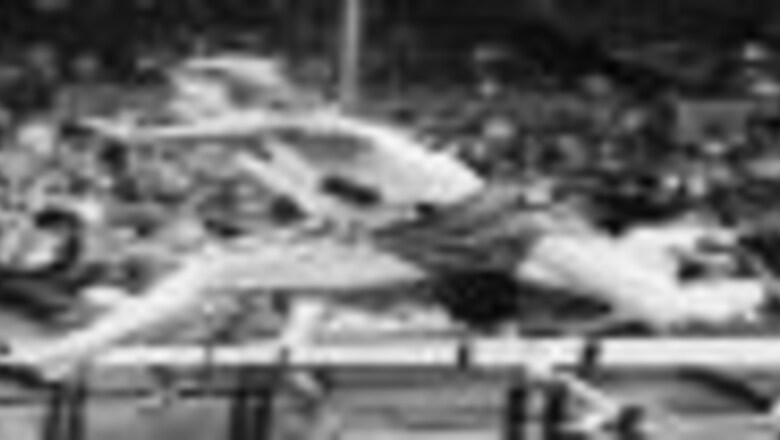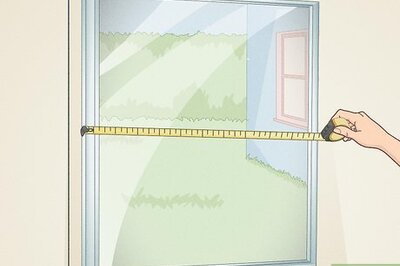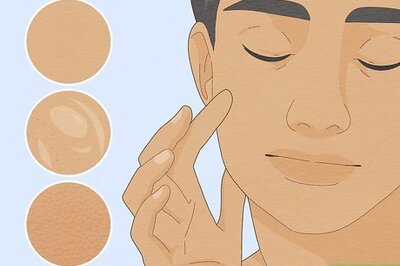
views
After the Second World War the Games in London, like so many European cities affected by the conflict, could not avoid austerity.
Over 4000 competitors from 59 countries descended on the capital between July 29 and August 14, but the war, which terminated three years previously, was still fresh in the minds of the people.
As such, and at the request of several countries, Germany and Japan were absent.
Italy willingly accepted the invitation.
The Soviet Union remained true to its 1917-established policy of non-attendance.
Yet, in England, the decision to propose hosting the 14th Olympiad was frowned upon by the Press and certain politicians, who argued that it should be a time of reconstruction.
For the first time women outstaged the men with mother-of-three (Francina) Fanny Blankers-Koen of the Netherlands winning four golds in the 100m, 200m, 4x100m relay and 80m hurdles. France's Micheline Ostermeyer, a concert pianist, also took gold in the discus and shot.
Czechoslovakian Emil Zatopek won the 10,000m and marathon, early victories which marked the start of a long and illustrious career. Conversely, his compatriot, gymnast Maxie Provaznikova, grabbed the headlines for more controversial reasons - she became the first ever olympic athlete to defect to the west.
American Bob Mathias, 17, won a gold in the decathlon - a title he would retain four years later.
No Sunday events
The Games lacked innovation of any kind, except for the decision not to compete on Sundays.
Having been introduced in Berlin, television continued to develop in importance.
This, of course, made way for the BBC to buy the rights to transmit the Games, for a cost of $3000, to an official audience of 500,000 people, although there were reports of residents as far away as the Channel Islands being able to receive the images.



















Comments
0 comment